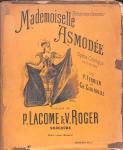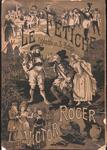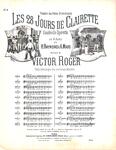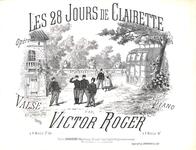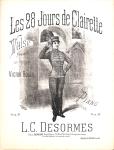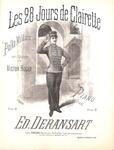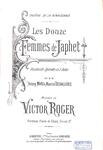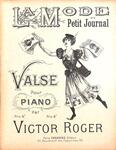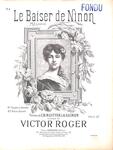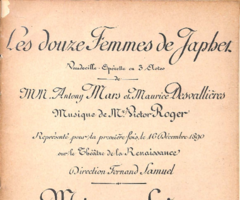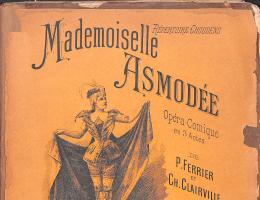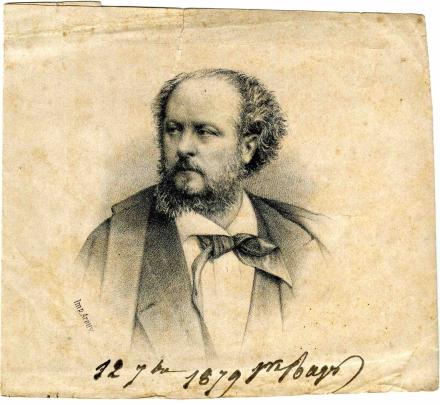
Victor ROGER
1853 - 1903
Composer
An exact contemporary of André Messager, Victor Roger was also, like him, one of the former pupils of the École Niedermeyer destined to play a key role in Parisian “light” music. Born in Montpellier, the son of a composer – François-Victor Roger (1811- ?), who studied at the Paris Conservatoire and wrote a number of operas premiered in Montpellier and Toulouse –, Roger had to wait (again like Messager) until he was thirty-three for one of his works to be brought to the stage: Joséphine vendue par ses sœurs, which was a resounding success at the Bouffes-Parisiens in 1886. Previous to that, he had composed a string of scènes comiques for the Eldorado music hall and had begun a career as a music critic, which he continued until his death. His early output included such works as Oscarine (1888), Le Fétiche, Les Douze femmes de Japhet and Sansonnet (1890), Le Coq and Mademoiselle Asmodée (1891) until the considerable success of the Vingt-huit Jours de Clairette (1892). Openly inspired by Hervé’s Mam’zelle Nitouche, this comédie-vaudeville with a military flavour enjoyed countless revivals throughout Europe until World War Two. This did not mark the end of Roger’s career, however. During the last ten years of his working life, he produced another dozen or so operettas and vaudevilles, confirming his talent for melodic lines and rhythmic surprises: these works included La Dot de Brigitte (1895), Le Voyage de Corbillon (1896), L’Auberge du Tohu-Bohu and Les Fêtards (1897).

